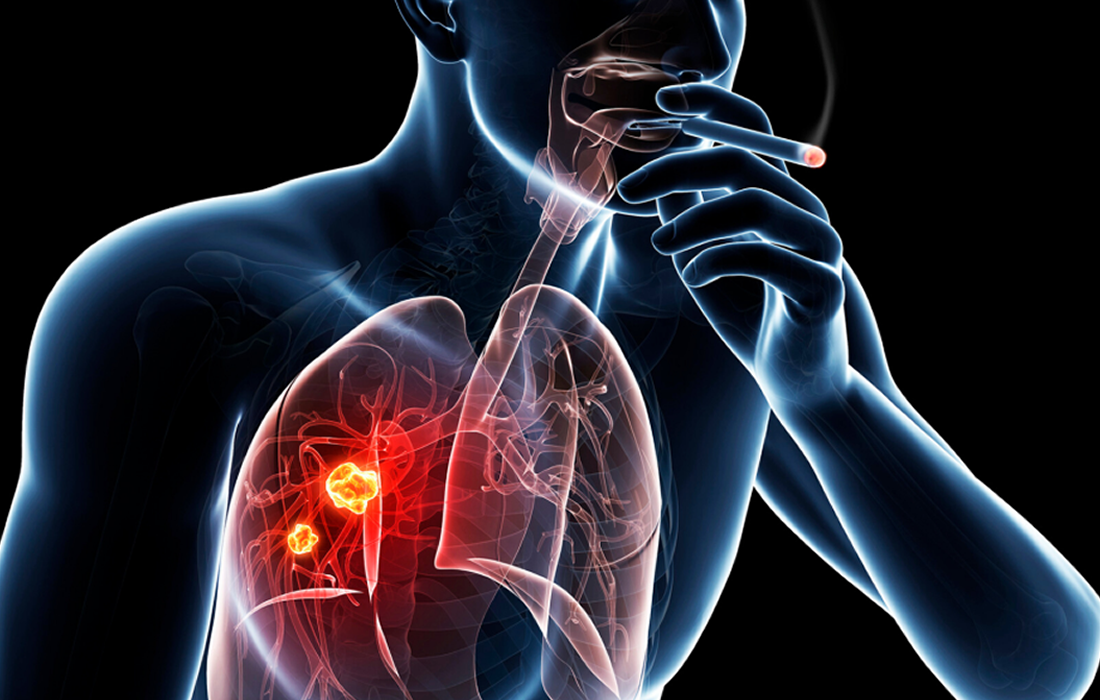Stem Cell Therapy for Specific Conditions
Stem Cell Therapy for COPD
What is COPD?
Chronic obstructive pulmonary disease (COPD) is a chronic inflammatory lung disease that causes obstructed airflow from the lungs. Symptoms include breathing difficulty, cough, mucus (sputum) production and wheezing. It’s typically caused by long-term exposure to irritating gases or particulate matter, most often from cigarette smoke. People with COPD are at increased risk of developing heart disease, lung cancer and a variety of other conditions.
Is a progressive, incurable disease that affects at least 16 million people in the United States. As current treatments cannot cure COPD, many people with this condition seek alternative therapies such as stem cell therapy.
What Conditions Include COPD?
Emphysema and chronic bronchitis are the two most common conditions that contribute to COPD. These two conditions usually occur together and can vary in severity among individuals with COPD.
Chronic bronchitis is inflammation of the lining of the bronchial tubes, which carry air to and from the air sacs (alveoli) of the lungs. It’s characterized by daily cough and mucus (sputum) production.
Emphysema is a condition in which the alveoli at the end of the smallest air passages (bronchioles) of the lungs are destroyed as a result of damaging exposure to cigarette smoke and other irritating gases and particulate matter.
What are the Most Common Symptoms?
Symptoms of COPD usually appear until significant lung damage has occurred, and they typically worsen over time, particularly if smoking continues. Some of them can include:
- Shortness of breath.
- Wheezing.
- Chronic cough with mucus (sputum).
- Frequent respiratory infections.
- Fatigue and unintended weight loss.
In the majority of people with COPD, the lung damage that leads to COPD is caused by long term cigarette smoking. Other irritants can also cause COPD, such as cigar smoke, secondhand smoke, pipe smoke, air pollution, and workplace exposure to dust, smoke or fumes.
Current Treatments
The most essential step in any treatment plan for COPD is to quit all smoking. Stopping smoking can keep COPD from getting worse and to prevent reduced pulmonary function.
Current standard therapies including bronchodilators and inhaled corticosteroids and the phosphodiesterase-4 inhibitor, roflumilast, show modest efficacy at best in reducing exacerbations and improving lung function, and there has been no definitive evidence that they impact mortality.
Regenerative Cellular Treatments
Stem cells can differentiate into several different lung cell types such as alveolar epithelial cells that are destroyed by cigarette smoke leading to emphysematous changes and reduced tethering of small airways causing hyperinflation and gas exchange abnormalities. Some studies performed in animal models have suggested regeneration of alveolar-like structures, repair of emphysematous lungs and reduction of inflammatory responses.
There are different types of stem cells, they can be from autologous tissues (from your own body) like bone marrow mesenchymal stem cells (BM-MSCs), adipose tissue derived mesenchymal stem cells (AD-MSCs) and others derived from neonatal tissue, like mesenchymal stem cells from Wharton’s jelly umbilical cord (UC-MSCs).
Researchers think that autologous stem cell transplant in older patients may be compromised by several age-related factors including oxidative stress, telomere length, DNA damage, chronic disease and long term use of medications and that WJ-MSCs may adapt better to the host tissue environment and that they possess superior anti-inflammatory and immunomodulatory properties.
These types of mesenchymal stem cells have unique properties that make them a favorable source for cells including factors such as their more primitive characteristics, abundant availability, noninvasive and painless collection, also they lack teratogenicity and immunogenicity compared to the other type of cells.
Stem cell therapy has shown some potential as a treatment option. According to the American Thoracic Society (ATS), the therapy has shown promise in animal studies. There are some clinical human studies ongoing that are evaluating the use of stem cells to treat COPD.
The National Emphysema Foundation points out that people who have used stem cell therapies are often willing to get further infusions, suggesting a positive experience.
The use of stem cells to treat COPD continues being evaluated due to the good results shown in animal studies and because of the lack of current curative treatments and there is no evidence that current therapies impact mortality.
Clinical Human Trials
A study published in the journal Stem Cells Research & Therapy from Phuong Le Thi Bich and colleagues, evaluated the use of UC-MSCs in 20 patients, 9 of them at stage C and 11 at stage D per the Global Initiative for Obstructive Lung Disease (GOLD) classification. Patients were infused with 1’000,000 cells/kg of UC-MSCs and followed for 6 months after the infusion.
No infusion related toxicities, deaths or severe adverse events occurred during the trial. The patients showed a significantly reduced COPD assessment test, number of exacerbations and reduced Modified Medical Research Council score.
The researchers concluded that the administration of UC-MSCs appears to be safe in patients with moderate-severe COPD and can significantly improve their quality of life.
Stem Cell Therapy at Zignagenix
At our clinic we use the same type of stem cells previously mentioned (UC-MSCs) due to their excellent results in different clinical trials and the lack of adverse reactions.
The UC-MSCs derived from Warthon’s jelly are infused intravenously combined with UC-MSCs derived exosomes to increase the efficacy of the therapy. We have treated many patients with COPD with excellent improvements. Our patients report an improved quality of life due to decreased severity of their symptoms and less exacerbations of their disease.
Sources:
Balkissoon R. Stem Cell Therapy for COPD: Where are we?. Chronic Obstr Pulm Dis. 2018;5(2):148-153. Published 2018 Jan 18.
Jenna Fletcher (2021, April 28) Can stem cell therapy treat COPD? Medical News Today. Retrieved from: https://www.medicalnewstoday.com/articles/stem-cell-therapy-for-copd
https://www.mayoclinic.org/diseases-conditions/copd/symptoms-causes/syc-20353679
Le Thi Bich P, Nguyen Thi H, Dang Ngo Chau H, et al. Allogeneic umbilical cord-derived mesenchymal stem cell transplantation for treating chronic obstructive pulmonary disease: a pilot clinical study. Stem Cell Res Ther. 2020;11(1):60. Published 2020 Feb 13. doi:10.1186/s13287-020-1583-4
Images from:
https://www.mrinz.ac.nz/programmes/copd

